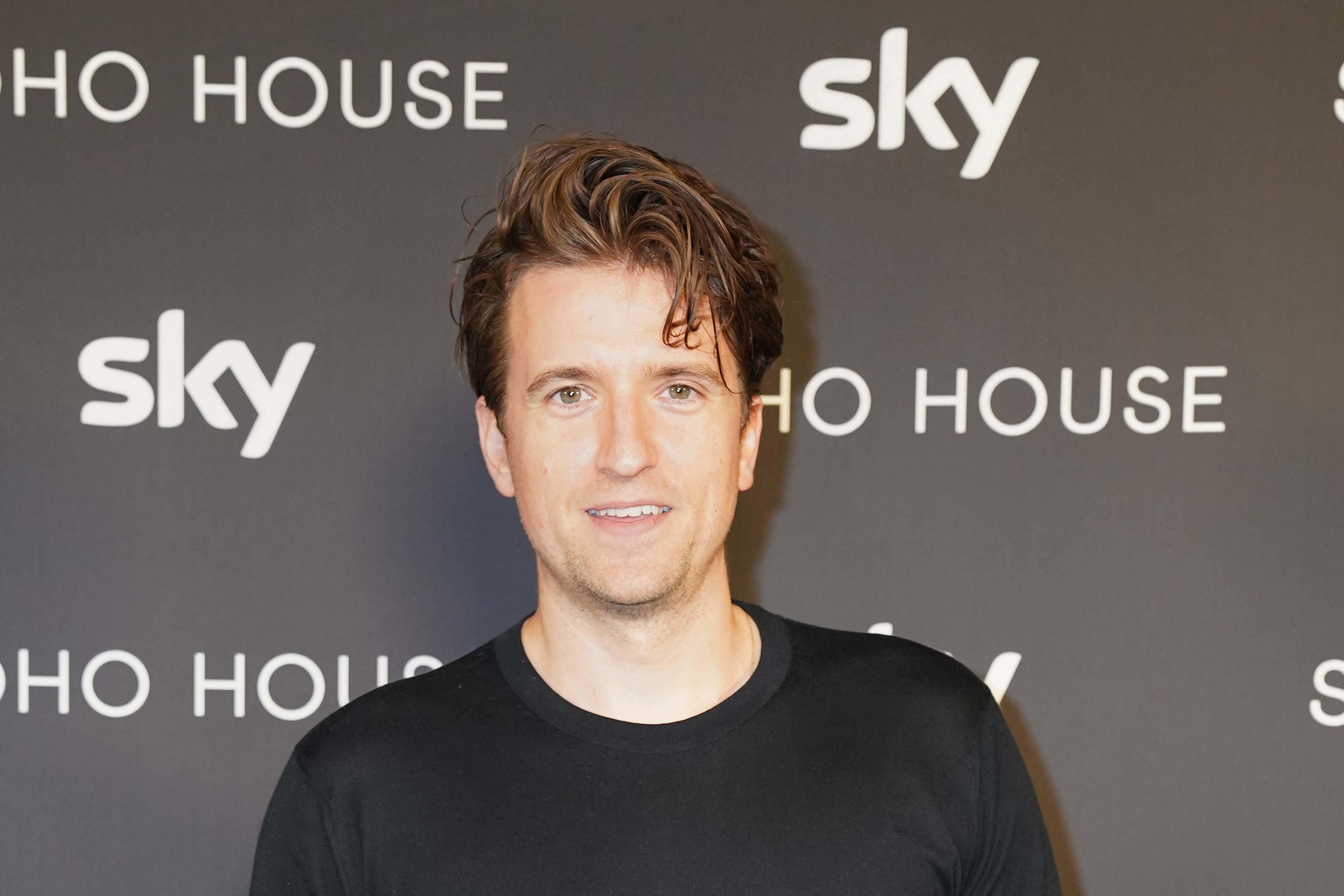Greg James ‘so sorry’ for video about new Roald Dahl book after backlash
The BBC Radio 1 presenter said he and his collaborator Chris Smith ‘apologise unreservedly’ to have caused offence with the launch video.

Radio presenter Greg James has apologised following a backlash over negative representations of disability in a promotional video for a new version of Roald Dahl book The Twits.
In the now-removed video, James and Chris Smith reportedly discuss how to make the characters more revolting before James tells the illustrator to give a character a glass eye to make her “more disgusting”.
After it was posted online, a spokesperson for the Royal National Institute Of Blind People (RNIB) responded to say “there is nothing at all revolting about prosthetic eyes.”
Elsewhere, the chief executive of national disability charity Sense, Richard Kramer, said it was wrong for a video to be promoting a “negative representation of disability”.
In a post to his social media, James apologised and said: “Hello! Regarding our new Twits story announcement video from this morning:
“We are so sorry to have caused offence with the launch video.
“It was absolutely not our intention. And we apologise unreservedly. It’s now gone.
“We understand that words matter and we pride ourselves on championing and welcoming everyone into the magical world of children’s books.
“We would never dream of deliberately setting out to exclude anyone.
“With the glass eye comment, we were attempting to pay homage to one of the Twit’s most famous pranks involving a glass of beer in order to remind people of Dahl’s infamous terrible two.
“It’s in no way a suggestion that this forms any part of the plot of the new story nor was it our intention to suggest that it was in any way disgusting.
“It’s unfortunate that the word disgusting appears to be a direct comment on that. That’s an error on our part.
“We are devastated that it’s come across like this but completely understand why there is anger.”
James said it was right for the video to be called out and said they were “upset” about the mistake, but are “still incredibly proud of this book”.
Mr Kramer said: “The video advertisement for The Twits Next Door, promoted on social media today, is totally unacceptable and has rightly been removed by Puffin Books.
“We remain concerned however that the book, scheduled for release later in the year, will contain a character with a disability to show, in the words of the video, how ‘disgusting’ they are.
“It’s 2024 and to be promoting such a negative representation of disability is wrong. Disability is not a character flaw.
“Why would we want children to associate a glass eye, or any prosthetic, with being disgusting? What will children learn from that? How will that make disabled readers feel?”
In a post to X, the RNIB said: “When there’s positive representation of disabilities in children’s books, children with disabilities feel seen and heard, and their friends and classmates treat everyone the same.
“There is nothing at all revolting about prosthetic eyes, we think they’re brilliant.”
Puffin Books and the Roald Dahl Company have been approached for comment.
Bookmark popover
Removed from bookmarks